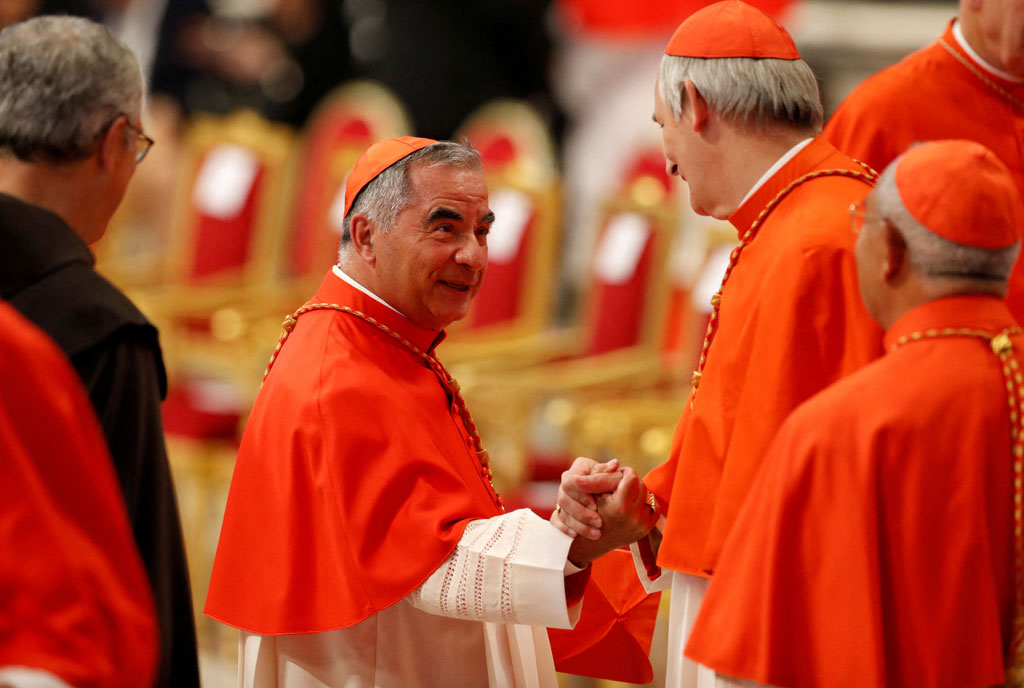Kenya, Uganda secure Sh2.8 trillion IMF loan to address Covid-19 economic impact

What you need to know:
Last month, Rwanda became the first African country to benefit from the IMF’s RCF when it secured $109.4 million in emergency coronavirus funding.
Dar es Salaam. The International Monitory Fund (IMF) executive board on Wednesday approved a total of $1.23 billion (about Sh2.8 trillion) to help two East African Community (EAC) member states in addressing the economic impact of Covid-19.
The money will be disbursed under the IMF’s Rapid Credit Facility.
The RCF provides rapid concessional financial assistance with limited conditionality to low-income countries (LICs) facing an urgent balance of payments need.
It (the RCF) was created under the Poverty Reduction and Growth Trust (PRGT) as part of a broader reform to make the IMF’s financial support more flexible and better tailored to the diverse needs of LICs, including in times of crisis.
Out of the $1.23 billion, Uganda will receive $491.5 million while Kenya will pocket $739 million.
This brings the total number of EAC member states that have so far received IMF funding for Covid-19 to three.
Last month, Rwanda became the first African country to benefit from the IMF’s RCF when it secured $109.4 million in emergency coronavirus funding.
Across the region, the Democratic Republic of Congo, Malawi and Mozambique have already benefited from the funds.
A few days ago, the IMF approved a $91 million loan for Malawi to help fund a balance of payments deficit exacerbated by the Covid-19 pandemic, the Fund said in a statement.
Towards the end of last month, the IMF executive board approved a disbursement of $363 million under its RCF to help Democratic Republic of Congo confront the impact of the Covid-19 pandemic.
During the same period, the IMF approved $309 million to help Mozambique meet urgent balance of payment and fiscal needs stemming from the Covid-19 pandemic.
The IMF deputy managing director and acting chair, Mr Tao Zhang, said on Wednesday that the global Covid-19 pandemic was expected to severely hit the Ugandan economy in particular, in such key sectors as services (tourism), transport, construction, manufacturing and agriculture.
“The IMF’s emergency financial support under the Rapid Credit Facility, along with the additional donor financing, it is expected to help catalyze, will help address Uganda’s urgent balance of payments and budget support needs,” he said.
He observed that the Ugandan authorities were committed to transparently managing the resources received and will strengthen transparency and accountability.
On Kenya, he said while the authorities have taken decisive action to respond to the pandemic’s health and economic impacts, the sudden shock has left the country with significant fiscal and external financing needs.
“The Covid-19 pandemic has delivered a large economic shock to Kenya. The pandemic has impacted nearly all facets of the economy—particularly tourism, transport, and trade—and led to urgent balance of payments and fiscal financing needs.
“Emergency financing under the RCF will deliver liquidity support to help Kenya cover its balance of payments gap this year. It will provide much-needed resources for fiscal interventions to safeguard public health and support households and firms affected by the crisis. It will also catalyze necessary financing from other donors”.
Ends


